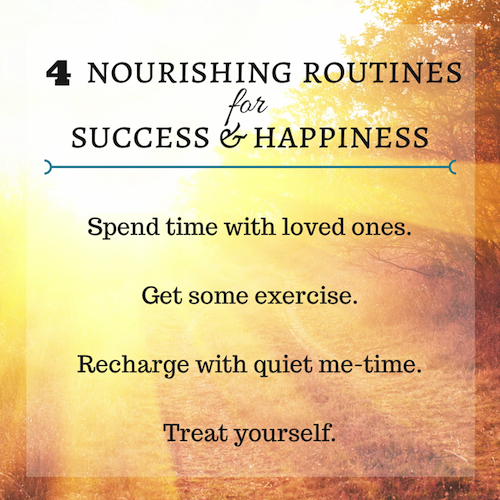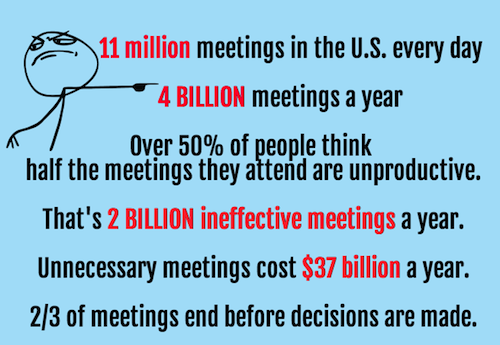Buffer stands out among startups not just for its success in building a great social media sharing tool but in fashioning a company culture focused on making work fulfilling, impactful, and enjoyable. What’s fascinating is that they do this as a completely distributed team, spread across multiple countries and time-zones.

Treat People in the Best Way
Co-founders Joel Gasciogne and Leo Widrich set the foundation for Buffer’s culture according to the tenets of Dale Carnegie’s How to Win Friends and Influence People. Carolyn Kopprasch, Buffer’s Chief Happiness Officer translates what that means for Buffer’s modus operandi: “We want to treat people in the absolute best way we can, and that includes co-workers, vendors, and customers.”
It also includes how the Buffer employees treat themselves. With a unique self-improvement program, they share their progress on anything from time management to healthy eating with their teammates, spurring conversations about different lifehacks and routines. Michelle Sun, Buffer’s growth and analytics expert, tracks fitness routines and getting up early while Leo has been making strides with learning how to code.

Co-workers become a collective accountability partner for future plans like blogging or exercising, and more importantly, they become an incredible support system. Instead of looking askance when you’re doing work to do something to take care of yourself, you receive encouragement. “If you’re trying to work on your health or your fitness or your happiness level, that affects work a lot too,” Carolyn explains.
Read more


 It’s hard not to feel like the White Rabbit from Alice in Wonderland these days, perpetually anxious and reaching into your pocket to look at your gadget and fretting, I’m late, I’m missing out, I need to catch up.
It’s hard not to feel like the White Rabbit from Alice in Wonderland these days, perpetually anxious and reaching into your pocket to look at your gadget and fretting, I’m late, I’m missing out, I need to catch up.




